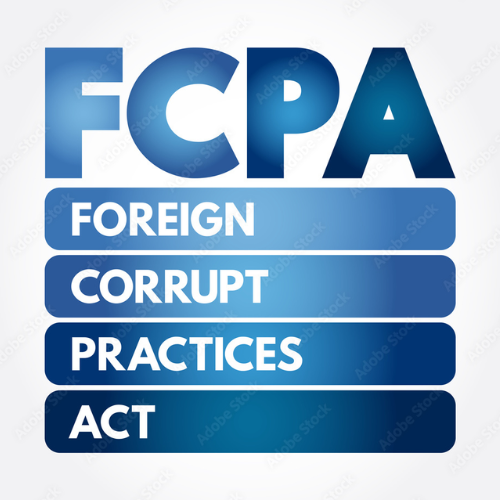The U.S. government has paused enforcement of the Foreign Corrupt Practices Act (FCPA), a law that has been a major tool in fighting corporate bribery for decades. A recent executive order has effectively put FCPA investigations and penalties on hold until new guidelines are issued. These guidelines, expected in six months, will focus on ensuring that enforcement does not harm “American competitiveness” and makes “efficient use of federal law enforcement resources.”
This decision marks a turning point. The U.S. has historically led global efforts to crack down on companies paying bribes to win business deals. The FCPA, enacted in 1977, was initially weak in enforcement but gained momentum in the late 1990s and early 2000s. Over the years, it has resulted in hundreds of corporate investigations and billions of dollars in fines. The law applies not just to American companies but also to foreign businesses listed on U.S. stock exchanges.
By pausing enforcement, the U.S. government has signaled a shift in priorities. While the law itself has not been repealed, federal agencies like the Department of Justice (DOJ) and the Securities and Exchange Commission (SEC) have effectively stopped taking action on corruption cases under the FCPA. This means ongoing and future investigations may be delayed or even dropped.
Jenkins, Ex-Virginia Sheriff, Found Guilty in Bribery Scheme
Impact on Global Anti-Bribery Efforts
The FCPA was not just an American law—it had global consequences. The aggressive enforcement of the law forced multinational corporations to implement strict anti-corruption policies. Companies had to train employees, conduct background checks on business partners, and report any suspicious activity. The threat of heavy fines and legal action made bribery a risky business practice.
Many countries indirectly benefited from U.S. enforcement efforts. Until the early 2000s, some developed nations even allowed companies to deduct bribes as business expenses. In contrast, U.S. enforcement of the FCPA pressured foreign governments to take corruption more seriously. When American agencies investigated bribery in foreign countries, it often led local governments to act.
With FCPA enforcement now on hold, there is concern that corruption could rise again. Without fear of prosecution, some companies may return to unethical business practices, especially in countries where local enforcement is weak. The U.S. had been a major force in holding corporations accountable, and its absence in this role creates a gap in global anti-corruption efforts.
Bribery Scandal: Azerbaijan Links Put German Politicians on Trial
Criticism and Controversy
While the FCPA played a crucial role in fighting corruption, it was not without controversy. Critics argue that enforcement was often unfair and disproportionately targeted foreign companies. U.S. firms often received more lenient treatment compared to their international counterparts. Additionally, many cases never went to court, meaning businesses had to settle rather than defend themselves in a full trial.
Another major criticism was that the law sometimes forced companies to violate local laws. For example, businesses under investigation were often required to hand over data or cooperate in ways that conflicted with the privacy laws of their home countries. The idea of “cooperation credit,” where companies received lighter penalties for working with U.S. authorities, was also seen as inconsistent and unpredictable.
Despite these concerns, the pause in FCPA enforcement raises serious questions. Will companies still maintain strict anti-bribery policies without the fear of American prosecution? Will other countries step up their own enforcement efforts, or will corruption become more widespread?
For now, the answers remain unclear. What is certain is that the global fight against corporate bribery has lost one of its most powerful tools.


